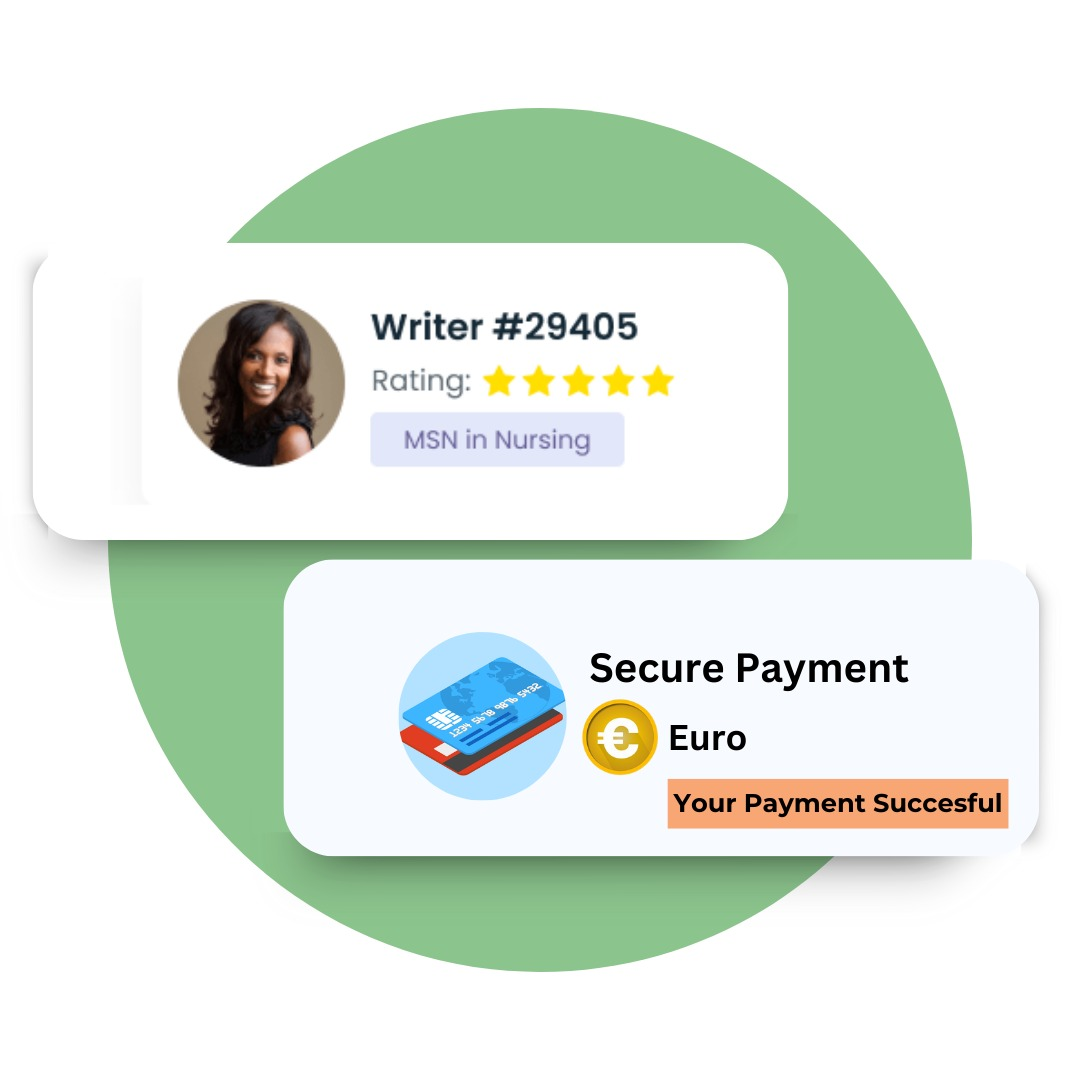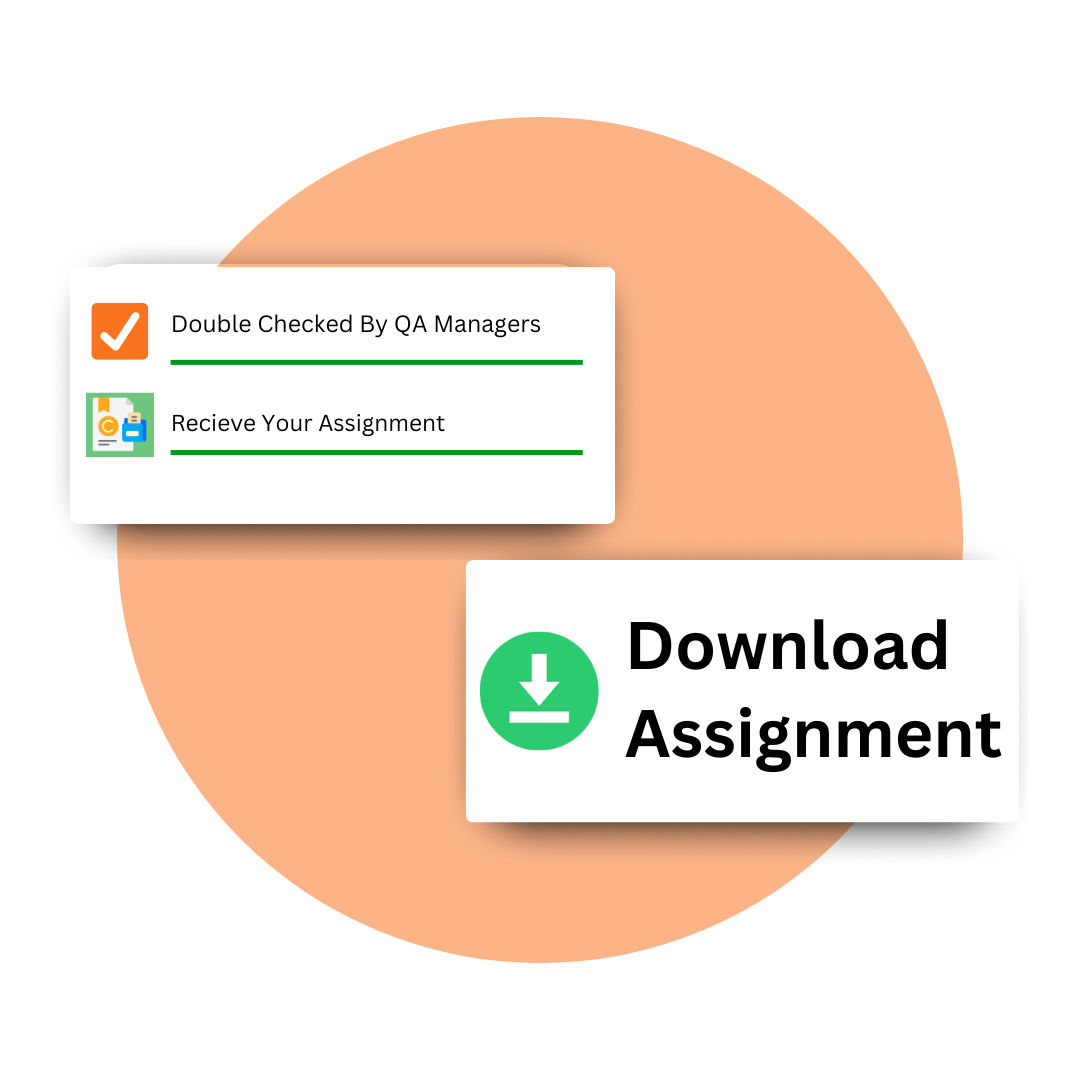Streamline your ILM Level 5 8580-500 assignment process with our easy 3-step order system for tailored solutions.

Provide us with the details of your assignment, topic, deadline, number of pages or words, or any instructions that we need to follow. The more you describe your need, the better our writers will understand.

Once we receive your order, you will be provided a free quote based on your given details. This quote is fair and competitively priced. Accept it and proceed with the payment from our secured gateway.

Our writers will finish the top-quality assignment before the deadline and will notify you to download it. You can download the assignments through email or our student portal.
Our writers are master's degree holders from the UK and are well-informed about the rules and guidelines of UK universities, so you can count on our British writers with your ILM assignments. And be stress-free of any academic concerns.
No matter what the time is! Our customer support will help you whenever you want and will provide the best solution for any query as soon as possible.
Our team is dedicated to providing you with assignments done completely by our human writers, who are experts in the ILM field of study. So you don't have to worry about your scores after submissions.
Get top-notch quality answers for your ILM assignments at low cost because we believe that high grades should not come with high prices that affect students' conditions.
Don’t let assignment stress hold you back! Join us today and get the latest assignment answer for your ILM Level 5 8580-500 Understanding the Skills, Principles, and Practice of Effective Management Coaching and Mentoring unit at affordable prices. Your assignments will be completely AI-free and will be customised according to your requirements, giving you an understanding and demonstration of effective workplace management coaching. Let us guide you to success—reach out now to get started!
Below we have provided a free ILM Level 5 8580-500 Understanding the Skills, Principles, and Practice of Effective Management Coaching and Mentoring Assignment sample for you to get an idea. (This is a plagiarised sample)
Coaching and mentoring are development practices in the organisation that are aimed at enhancing individual and team performance:
Coaching: a structured, goal-orientated approach to developing certain skills and competencies. Coaching often has measurable results and is brief.
Mentoring: A more comprehensive, long-term connection known as mentoring occurs when an experienced individual, known as the mentor, helps a less skilled individual, known as the mentee, advance both personally and professionally.
Similarities:
Differences:
Focus: coaches are aimed at goal-setting, while mentoring is for personal and professional development.
Time Period: Coaching is basically short-term, while mentoring is long-term.
Nature of Relationship: Coaching is task-based, whereas mentoring has an element of personal relationship.
Barriers:
Individual: Fear of change, mistrust, and judgement anxiety.
Operational: Lack of time, inadequate resources, or unclear goals.
Organisational: cultural resistance to change, leadership unwillingness, and unclear policies.
Strategies:
Individuals: trust building, setting clear expectations, and ongoing support.
Operational: Ensure enough time and resources, define clear SMART goals, and track progress at regular intervals.
Organisational: promote learning culture, achieve leadership buy-in for coaching and mentoring programs, and articulate clear guidelines for coaching and mentoring programs.
For Individuals:
Development of skills and career growth.
Boost confidence, motivation, and work satisfaction.
For Organisations:
Increased productivity and retention.
Strengthens work culture and collaboration of teams.
Creates a pipeline of future leaders.
Coaching and mentoring align individual goals with organisational objectives, fostering a collaborative and high-performing workplace.
Effective coaches or mentors must continuously develop these qualities to create a positive and supportive environment for growth.
Having effective communication is an important skill to have for a coach or mentor because:
Managing relationships: having clear boundaries, respecting every individual, and avoiding imbalances.
Ethical conduct: avoiding favouritism, keeping the information secure, and transparent interactions.
Nonjudgemental approach: avoiding criticism, focusing on growth, and supporting manatees/coachees to explore solutions without discrimination.
GROW Model:
Rationale: improved clarity,
Effective contracting is a key part of a successful coaching or mentoring relationship.
Here are some characteristics of effective contracting:
Elements:
Evaluation Methods:
Ready to view the reality of our assignment helper? Check the feedback of clients on ILM 880-500 Understanding the skills and principles of effective management.
A
Alex Turner

ILM Assignment Helper played a key role in my success with ILM Level 3 assignments. Their team offered exceptional insights, guidance, and support. They ensured I understood the core concepts and applied them in my coursework, resulting in fantastic grades and a more solid grasp of leadership principles.
M
Michael Thompson

ILM Assignment Helper delivered high-quality work for my ILM Level 7 assignments. Their expert writers incorporated advanced research and real-world examples that directly aligned with my academic needs. With their support, I achieved excellent grades and was able to apply the knowledge practically in my career.
E
Emma Green

I couldn’t have asked for better help with my ILM Level 3 assignments. ILM Assignment Helper’s team provided clear, concise, and well-researched content that directly addressed the challenges in my coursework. With their help, I improved my grades significantly and gained a clearer understanding of leadership principles.
D
Daniel Hughes

I was having difficulty understanding some of the more complex management theories in my ILM Level 5 course. The team at ILM Assignment Helper provided tailored support that helped me break down these concepts into easily digestible pieces. Their research and writing assistance improved my work quality and led to top grades in my assignments.
C
Charlotte Roberts

ILM Assignment Helper was a lifesaver during my ILM Level 7 course. Their expert writers not only provided high-quality, well-researched content but also made sure the assignments aligned perfectly with the requirements of my curriculum. Thanks to their assistance, I passed with distinction and gained insights that will benefit me in my career.
J
James Carter

I was struggling to understand the practical application of leadership theories in my ILM Level 3 assignments, but ILM Assignment Helper made everything clear. The team’s input was invaluable, helping me complete my work with a deep understanding of how these theories apply to real-life situations. I received excellent grades thanks to their support.
Submit your request now and let our skilled writers handle your assignments!
